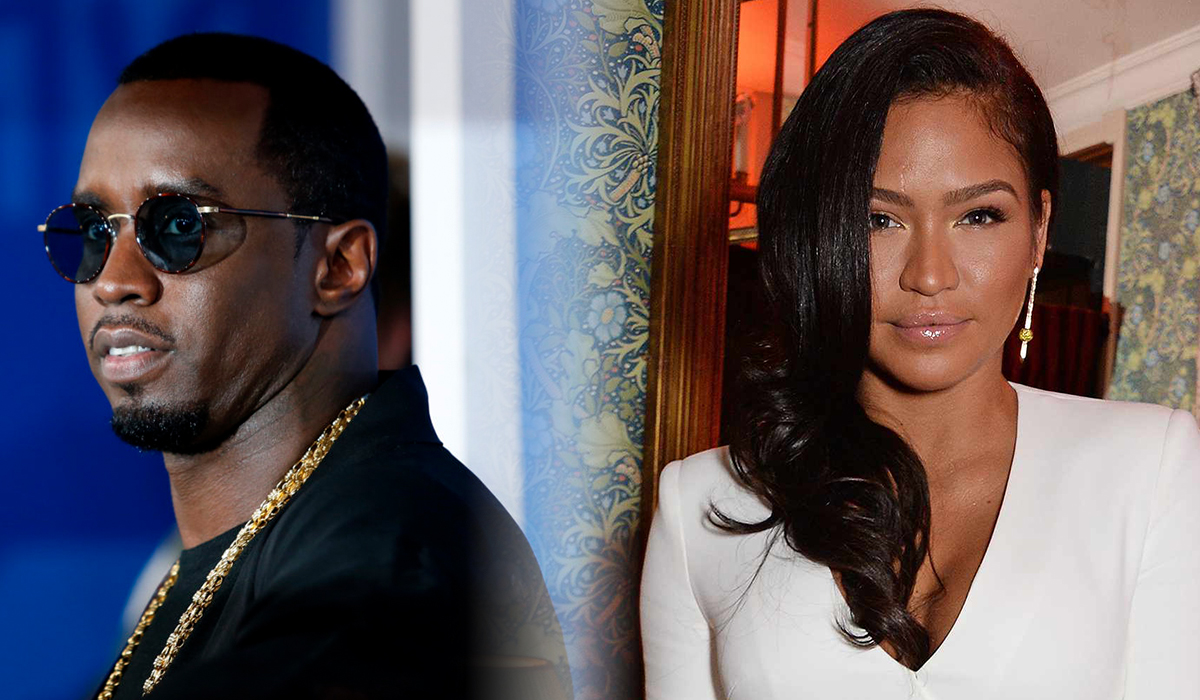
Sean “Diddy” Combs, once the epitome of hip-hop success, now finds his empire under intense scrutiny following his arrest on September 16, 2024, on federal charges of sex trafficking and racketeering. For a generation of fans who grew up with Diddy’s influence, this news feels like a seismic shift, not just for hip-hop, but for how we understand the exploitation of power across all sectors. This isn’t just about Diddy—it’s about the systemic abuse of power that has allowed figures like him to thrive, while the voices of women, especially Black women, have too often been ignored.
The Women Behind the Headlines
For years, there have been whispers about Diddy’s behavior, but it wasn’t until Cassie Ventura, his ex-girlfriend, bravely came forward in 2023 with allegations of rape, physical abuse, and sex trafficking, that these whispers gained serious attention. Her lawsuit, though settled out of court, prompted other women to speak out, leading to the federal charges we see today. These allegations aren’t just isolated incidents; they’re part of a larger narrative about power, control, and the exploitation of women that spans industries—from entertainment to finance, politics, and beyond.
In many ways, Diddy’s story echoes those of Jeffrey Epstein and Harvey Weinstein, whose crimes were hidden behind their wealth and influence. The global sex trafficking network Epstein ran, and the predatory reign Weinstein held over Hollywood for decades, both illustrate how deeply ingrained this problem is. Diddy’s indictment now forces us to grapple with similar abuses within the hip-hop world and, more broadly, the impact of power and celebrity on the lives of vulnerable women.
Katt Called It
Adding a chilling layer to this unfolding saga is Katt Williams, whose January 2024 interview with Shannon Sharpe resurfaced in light of Diddy’s arrest. During the podcast, Williams dropped cryptic but revealing statements about the “deviants” in the entertainment industry. “All these big d*** deviants are catching hell in 2024… it don’t matter if you’re Diddy, or whoever… all lies will be exposed,” he said, hinting at the reckoning we now see.
Williams shared his personal experience with Diddy, recalling how he turned down multiple invitations to the mogul’s infamous parties, saying, “P. Diddy be wanting to party, and you’ve got to tell him no.” At the time, Williams’ remarks were seen as part of his typical comedic banter, but now, many view his words as an eerie prelude to Diddy’s current legal woes. The resurfaced comments have led many to consider Katt as a voice of truth in an industry where power often conceals predation.
Beyond the Black Community: The Global Epidemic of Power and Predation
This isn’t just a story about one man, or even about hip-hop. The charges against Diddy mirror the cases of Epstein and Weinstein, whose abuses affected women globally. Epstein used his connections to politicians, financiers, and celebrities to create an untouchable empire of exploitation, while Weinstein preyed on actresses and models, using the same tactics of coercion and control.
Diddy, according to allegations, used his wealth and the influence of his hip-hop empire to create a façade of success, all while abusing women behind the scenes. This pattern of predatory behavior, seen across industries and around the world, reminds us that no community is immune. Whether in the boardrooms of finance or the studios of Hollywood, men in power have manipulated, coerced, and silenced women in ways that span race, geography, and class.
Indefensible, Despite Our Love
For the Black community, Diddy’s fall from grace feels particularly painful. We’ve seen this before, with R. Kelly and Bill Cosby—men who, despite giving us so much in terms of music, culture, and representation, betrayed the very people who loved them the most. Misogynoir, the specific form of violence and discrimination that Black women face, has been at the heart of these stories, and Diddy’s case is no different.
It’s tempting to separate the art from the artist. After all, Diddy helped shape a generation of music, brought hip-hop into mainstream culture, and created a blueprint for success that many admired. But these achievements cannot excuse the harm he allegedly inflicted on the women in his life. We must confront the uncomfortable truth: the same man who gave us “Harlem World” and “No Way Out” may have also caused deep, irrevocable harm. We’ve been here before—with R. Kelly’s music that defined generations, and Bill Cosby’s family-friendly persona that helped build the Black middle-class image—and we can no longer turn a blind eye to their crimes simply because we loved their art.
A Global Reckoning
The charges against Diddy should spark reflection, not just within hip-hop, but in every sector where powerful men exploit their influence. We’ve seen this play out in the boardrooms of Wall Street, the political halls of Washington, and the studios of Hollywood. Epstein, Weinstein, Kelly, Cosby, and now Diddy have all exposed the deep flaws in our society’s ability to hold these men accountable.
It’s time to acknowledge that power and fame cannot shield predators from justice. For too long, survivors have been dismissed, silenced, or forced to fight alone. The arrest of Diddy is more than one man’s downfall; it’s a symbol of the larger fight to dismantle the systems that protect abusers. As fans and as a community, we must stand with the women who are brave enough to speak their truth, and we must recognize that the work of holding these men accountable is far from over.
The question we must ask ourselves is: How will we support the women who have suffered in silence for so long, and how will we ensure that no amount of fame, money, or power allows predators to escape justice?